Looking For A Personal Appraisal?
Property Valuation
Estate Planning
Selling/Purchasing a Home
Tax Challenges
Divorce
13th St REA can help you with any of the above situations and more. Contact Us today!

13th St REA can help you with any of the above situations and more. Contact Us today!

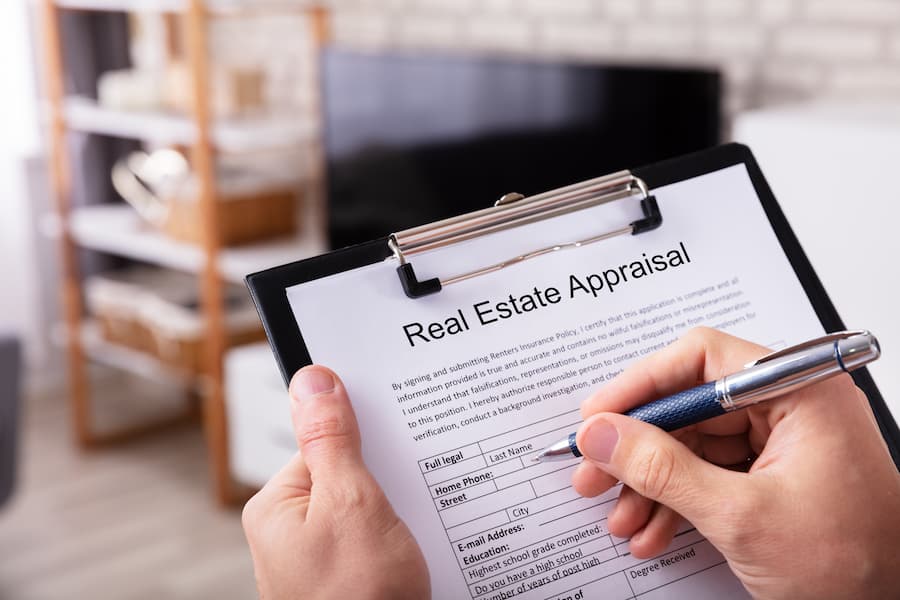
Need a quick valuation? The desk appraisal is based on what can be found online, including property card information, recent sales or listing information in MLS, and anything you tell us about the home. This service does not require an inspection and has a fast turn time.
Our exterior-only appraisal uses a combination of online records and a physical look at/photo of the outside of the home from the street view. This allows the appraiser to get an idea of the current exterior condition of the home, while still providing a quick turn time.
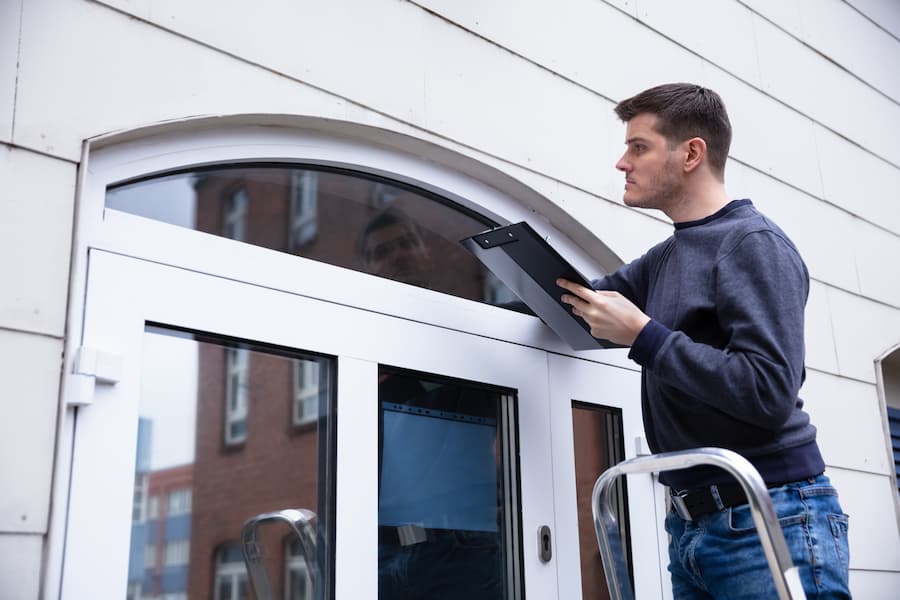
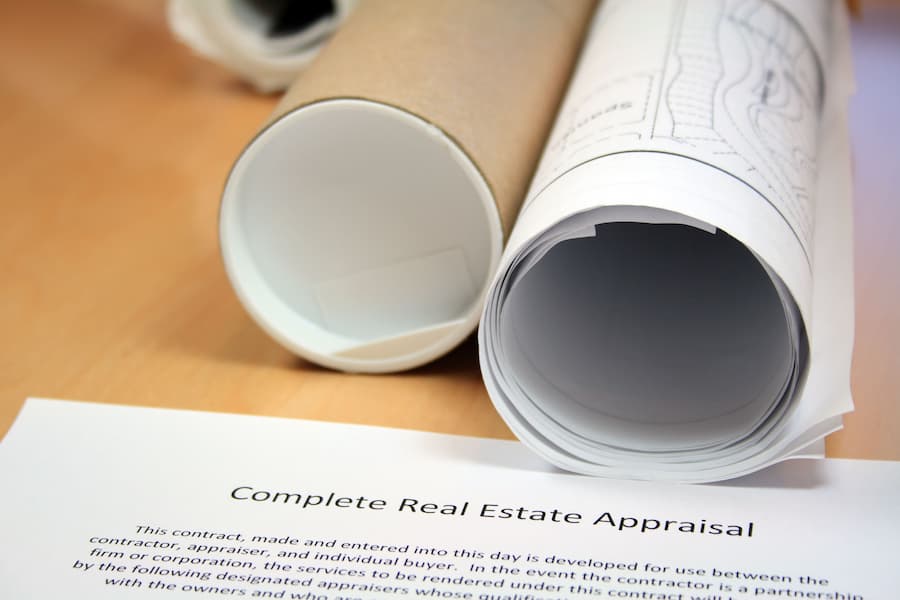
Get the full works! We measure the exterior of all buildings, take interior photos and prepare sketches of all living spaces. We will also provide comparison sales and so much more in our final report. An interior inspection is required for this intensive appraisal.





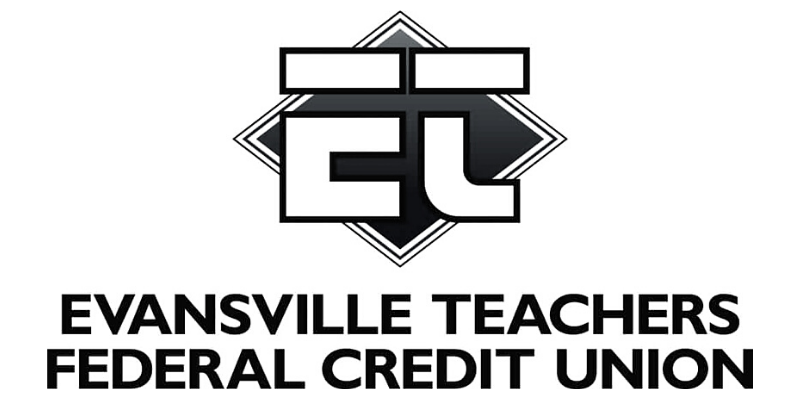

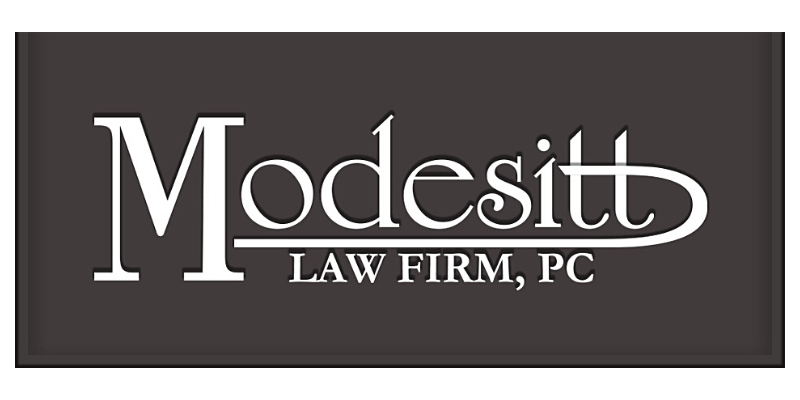

ApPraisEr
Scott is the founder and CEO of the company with experience in four states, appraising homes since 2001. He is an FHA state-certified appraiser with experience in every kind of residential appraisal, talking with thousands of homeowners, realtors, mortgage brokers, refinance specialists, contractors, builders, and rehab companies.

AppraisEr
CFO and FHA certified residential appraiser, Jeff has inspected more than 1,500 homes in Indiana. With a B.S. degree in Organizational Leadership and 20+ years of management experience, Jeff also skillfully handles the details of the business as well as the staff.
See What Our Customers Say